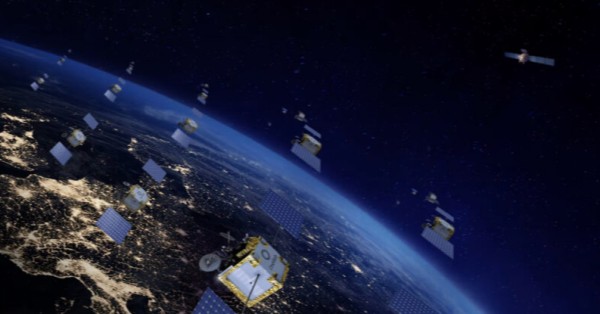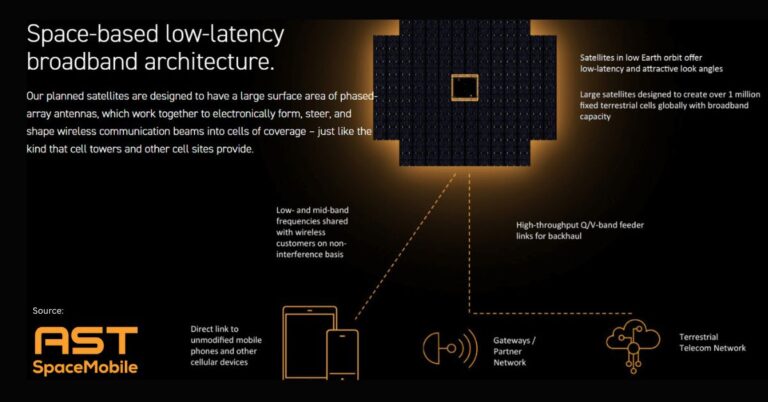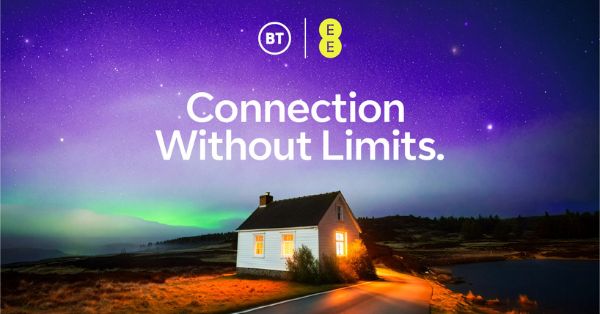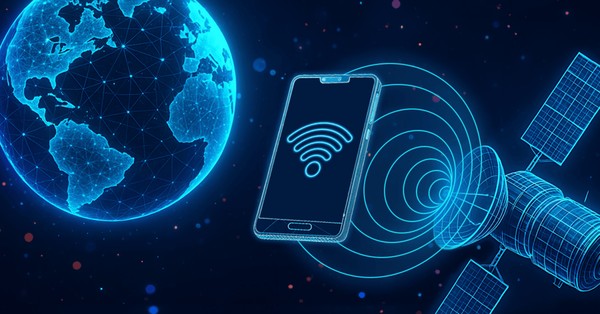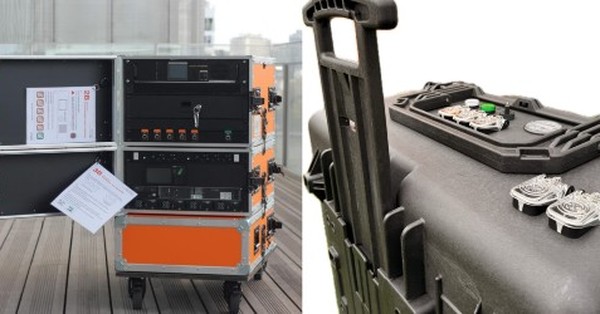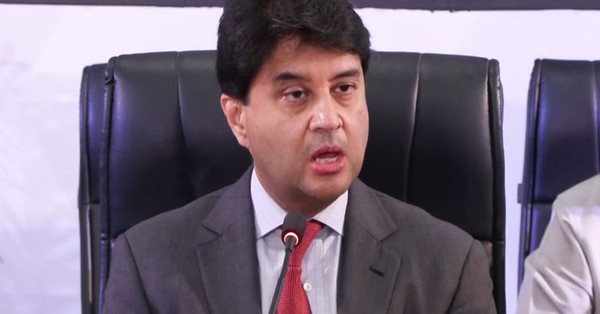Tata Group-owned Nelco Limited has signed an agreement with Eutelsat OneWeb to deliver Low Earth Orbit (LEO) satellite connectivity services across the India region. The collaboration aims to provide secure, high-speed, and low-latency connectivity for land, maritime, and aviation sectors, while strengthening India’s digital infrastructure and national security.
Expanding Connectivity Across India’s Land, Sea, and Air
Under the agreement, OneWeb India Communications—Eutelsat’s local operating entity—will work with Nelco to extend LEO service coverage across India’s borders, territorial waters, and remote areas. The offering will target government agencies, enterprise customers, and critical sectors that require dependable and secure connectivity.
According to Neha Idnani, Regional Vice President for APAC at Eutelsat and Director of OneWeb Communications India, this partnership is a significant step toward supporting India’s digital transformation goals.
“This agreement strengthens our footprint in one of the world’s most dynamic connectivity markets and underscores our commitment to supporting India’s digital and security ambitions,” Idnani said.
Nelco Ready for Commercial LEO Services
Nelco Managing Director and CEO P J Nath confirmed that the company is prepared to offer LEO services as soon as OneWeb becomes commercially operational in India. He emphasized that the collaboration aligns with Nelco’s strategy to provide multi-orbit satellite connectivity solutions for advancing India’s digital ecosystem.
“This partnership marks a significant step in enabling reliable, secure, and high-speed communication solutions for critical sectors across land, sea, and air,” Nath said.
Regulatory Approvals and Spectrum Challenges
Eutelsat OneWeb has already secured regulatory clearance to establish gateways and launch services in India, but is still awaiting a final decision on satellite spectrum allocation. The Telecom Regulatory Authority of India (TRAI) is currently reviewing how to distribute spectrum among new satellite players.
Industry debates continue over licence durations and fees:
-
SpaceX Starlink has lobbied for 20-year licences.
-
Reliance Jio and Bharti Airtel—both Starlink resellers—prefer shorter three- to five-year terms.
-
TRAI has indicated a preference for a five-year licence, charging satellite operators up to 4% of adjusted gross revenue (AGR) for spectrum use.
In addition, the Department of Telecommunications (DoT) introduced new security requirements in May, including:
-
Data localisation: All data centres and PoPs must be physically located in India.
-
Data sovereignty: Indian telecom data cannot be copied or decrypted outside India.
-
Indigenous hardware: At least 20% of ground infrastructure must use locally sourced equipment within five years of service launch.
LEO Services as a Strategic Enabler
LEO satellite networks, with their low-latency and high-throughput capabilities, are seen as critical for enabling modern applications such as real-time remote monitoring, maritime navigation, aerial broadband, and emergency communications in disaster-hit areas.
Eutelsat Group—formed through the 2023 merger of Eutelsat and OneWeb—operates a combined fleet of 34 GEO satellites and over 600 LEO satellites, offering integrated solutions for mobile connectivity, fixed connectivity, and government services.
Recent Partnerships in India’s Maritime and Remote Connectivity Market
The Nelco deal follows Eutelsat’s recent agreement with India-based Station Satcom to bring LEO satellite connectivity to the maritime sector. These moves reflect growing demand for non-terrestrial networks to extend high-speed broadband to regions beyond the reach of traditional fiber and mobile networks.
With spectrum allocation expected to be finalised soon, industry players anticipate that LEO-based satellite broadband will play a major role in bridging the digital divide in India, delivering secure, high-performance connectivity to underserved communities and critical industries alike.



